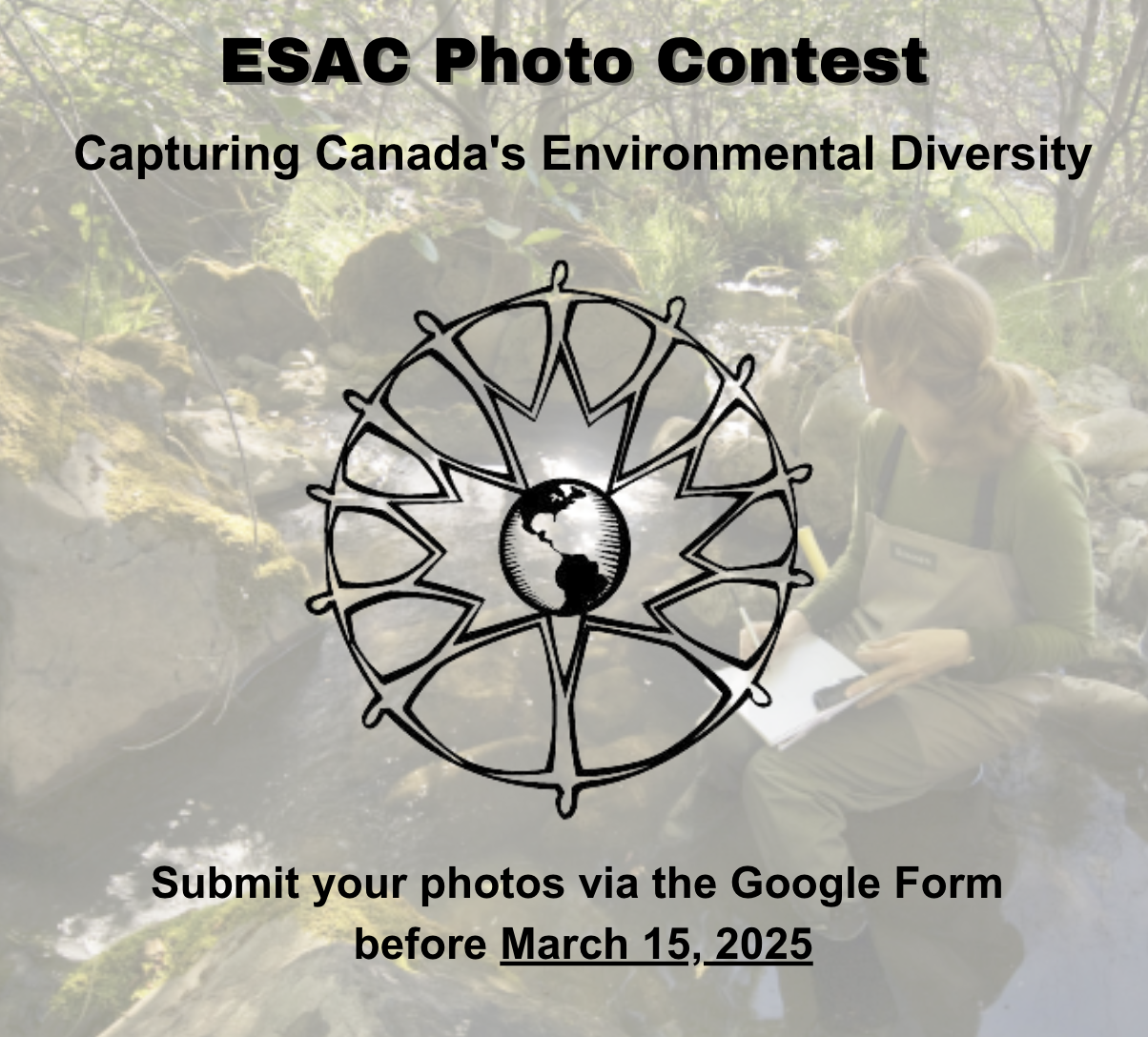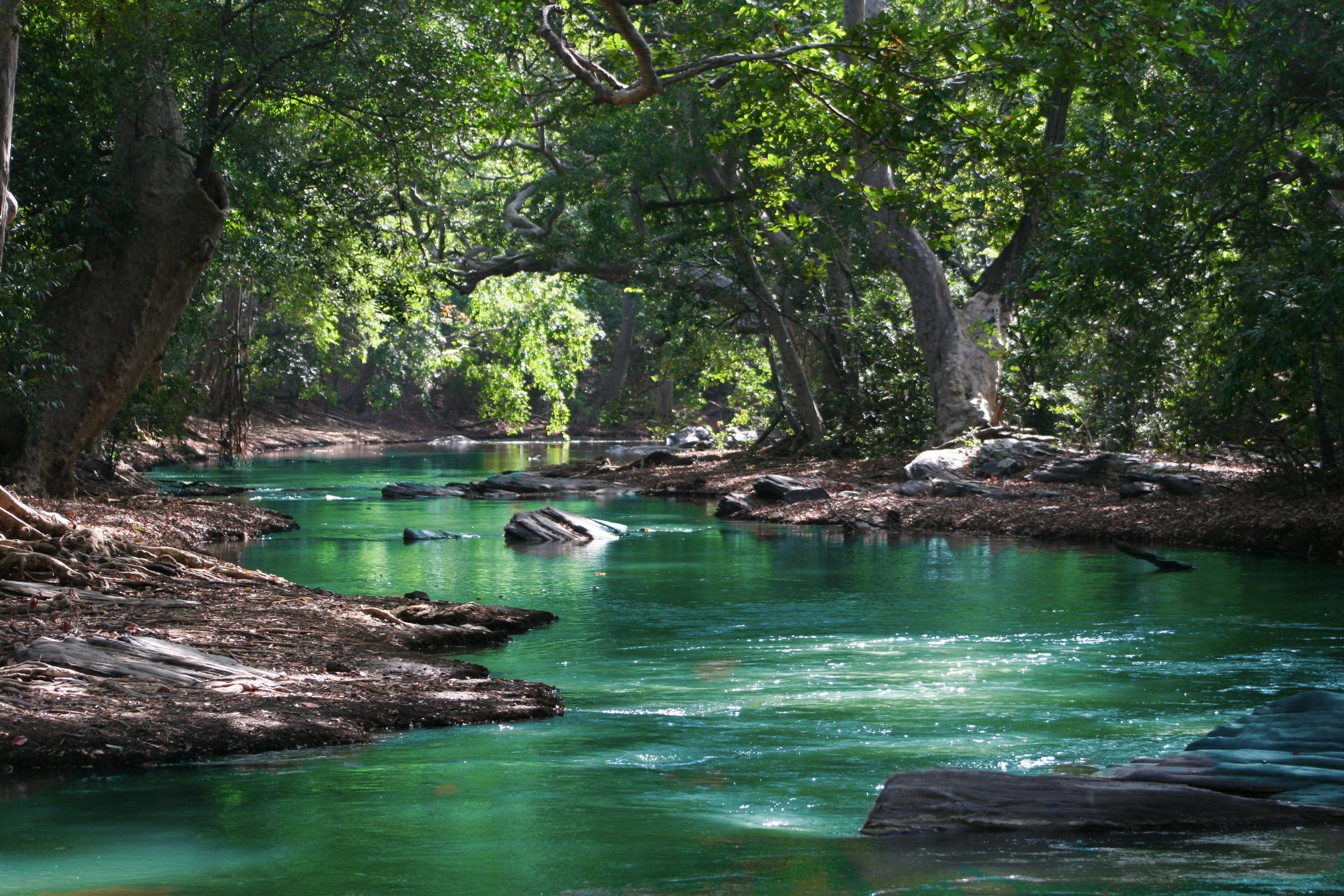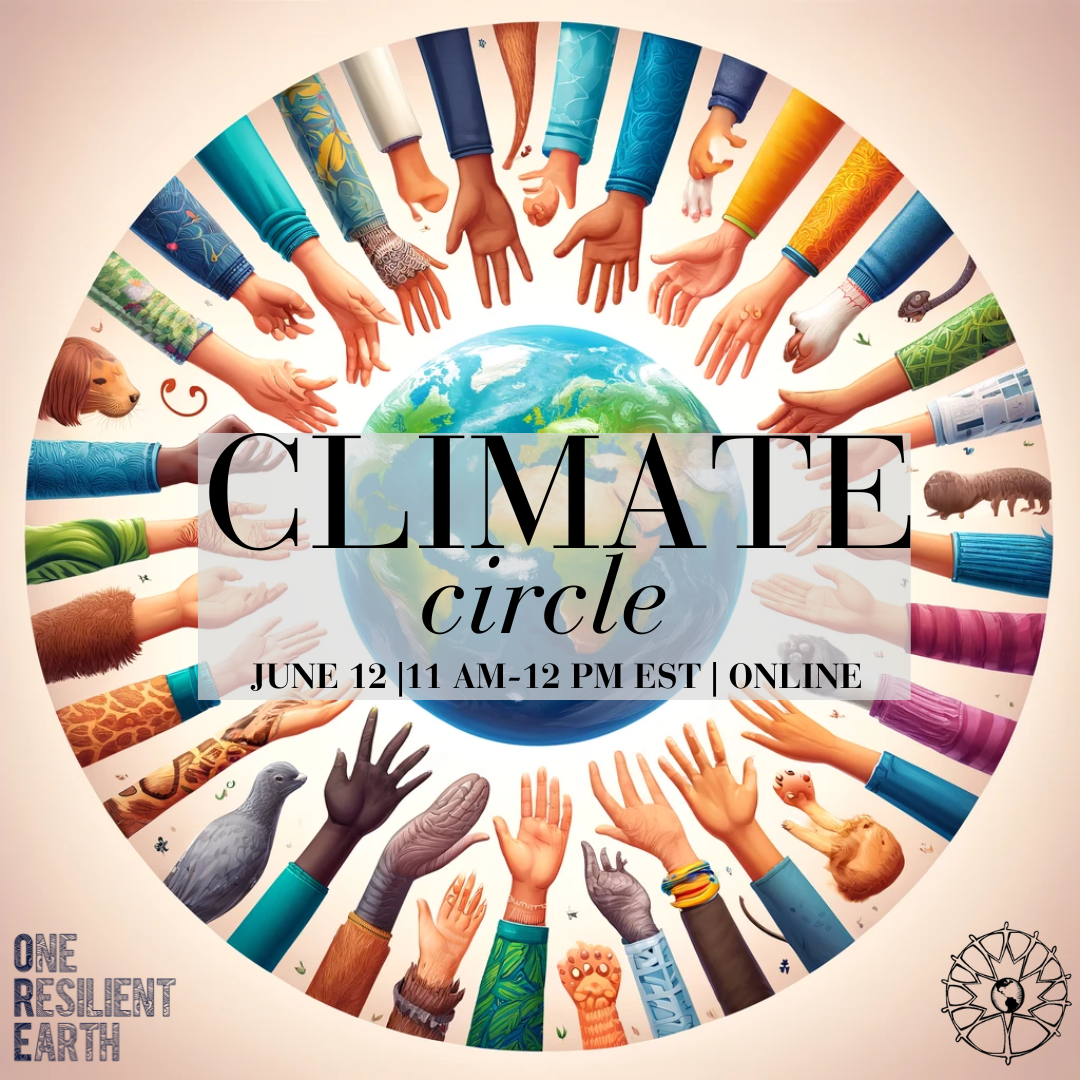Events & Workshops
ESAC Fall Social Event : A Dialogi-Zine Workshop led by Chris Cavanagh
On October 2nd 2025, 6-8pm ESAC will be hosting our second annual Fall Social and Talk at York University’s Faculty of Environmental and Urban Change. Join us for an in-person talk and workshop led by Chris Cavanagh.
Chris Cavanagh is a storyteller, visual artist, poet, lover of comic books and TTRPGs, science-fiction, fantasy, and poetry. He has been practicing popular education and community organizing for over 40 years and is currently completing a PhD that is focused on popular education and a reinvention/re-tooling of conjunctural analysis.
You can follow Chris’s latest writings at: https://populareducation.substack.com/ or read his daily poetry posts on https://www.instagram.com/dagdainrags/
Chris also has additional popular education resources at: https://persuasionsanddesigns.com/index.php/resources/
The Promise and Peril of Popular Education: A Case for Refugias and Archives - A Dialogi-Zine Workshop, led by Chris Cavanagh
The scientific data is in and the news is dire. The unimaginable becomes more imaginable daily. We approach cataclysm and catastrophe with an inexorability before which we struggle to respond or even to know how to respond. Popular education - playful, radical, pedagogical, and pragmatic - has been a front-line response to colonial and imperial violence from its beginnings. How can popular education prepare us for the uncertain future rushes towards us?
If you arrive early, we encourage you to please also enjoy the Queerburbia installation located in front of the event space (HNES140 at York University)!
Spanish Panel: Strengthening social and environmental well-being through interdisciplinary collaboration and innovation in the state of Sinaloa, Mexico
This panel of experts will discuss the state of Sinaloa, Mexico as a focus for strengthening collaborative efforts and innovation for preserving natural systems. Sinaloa is a state in the northwest of Mexico that is known for its diverse ecosystems and essential socioeconomic activities that rely on the rich natural resources in the region. Environmental studies in Sinaloa have drawn attention to the severe human-induced impacts including agricultural land degradation, contamination of coastal areas and fisheries, and toxic releases from mining. Our panel of experts, comprised of researchers from local academic institutions and different areas of expertise, will share perspectives on how these socio-environmental issues in the region are currently addressed and reflect on the challenges and opportunities of building more interdisciplinary solutions. Join us for this hybrid panel to learn more about Sinaloa as a study context for environmental research and ongoing collaborative efforts for environmental preservation.

Keynote - What If The Climate Crisis is Actually A Relational Crisis?
This keynote delivered by Prof. Sharon Stein invites an inquiry about the fractured relations at the root of the climate crisis, and how we might begin to repair them. Grounded in the work of the Gesturing Towards Decolonial Futures Collective, it asks: What would it take for us to compost the inherited separations between human and more-than-human worlds that have led us to breach the Earth’s biophysical boundaries – and to threaten our own futures in the process? How might we move away from top-down, technical climate “solutions” and instead learn to coordinate responses informed by multiple forms of intelligence – human, more-than-human, and machine? And what meta-relational dispositions and capacities could enable us to meet the complexities and uncertainties of the climate crisis in ways that fulfil our intergenerational and interspecies responsibilities?

ESAC Annual General Meeting | Assemblée générale annuelle de l'ACÉE
Annual General Meeting (Bilingual)* ESAC Members are invited to attend this year's Annual General Meeting. The AGM will be hybrid (Zoom and in person). We will report on ESAC’s activities in the past year and look forward to hearing from members! You must be an active ESAC member to attend the AGM.
Assemblée générale annuelle (Bilingue)* Les membres de l’ACÉE sont invités à participer à l'assemblée générale annuelle de cette année. L'AGA se déroulera de manière hybride (Zoom et en personne). Nous présenterons un rapport sur les activités de l'ESAC au cours de l'année écoulée et nous attendons avec impatience les commentaires des membres ! Vous devez être un membre actif de l’ACÉE pour assister à l‘AGA.

Climate Circle host training
A Climate Circle provides a safe virtual space for individuals taking action to address climate change and environmental degradation. It gives a chance to offload some of the emotional weight we may take on during our daily activities, and cannot talk about in the workplace or with our friends and relatives. It provides an opportunity to share openly about injustice, exhaustion, frustration, grief, but also joy, hope and critical experiences, within a supportive community of purpose. Circles gather climate-conscious citizens, climate workers (e.g. students, professionals, activists) from various generations, any parts of the world and from fields as diverse as arts, science, education, tech, industry, finance, community organizing, as well as social and humanitarian work.

Keynote - Canada, the IPCC, and Climate Justice
Prof. Patricia E. Perkins, a leading ecological economist and climate justice scholar, will address Canada’s significant carbon footprint and the urgent need for a just transition to sustainability. Her keynote will highlight the diverse roles played by Canadian academics and grassroots movements in advancing climate action. Prof. Perkins will explore how Canadian efforts—within and beyond academia—are laying the groundwork for a more equitable, post-fossil fuel future, and discuss the symbiotic relationship between research, policy, and grassroots mobilization in confronting the climate crisis

ESAC Networking Night
ESAC is proud to host our 2025 Networking Night. This event is an opportunity for our members and the wider Congress community to come together, exchange, and meet one another over food and drinks.

The Multicrisis Requires MultiSolving (And That Means Working Together)
We are unequivocally in tumultuous times due to the many complex systems that are breaking down. Our ecological, economic, social and political systems are each failing - and exacerbating the strain on one another. When dealing with this kind of complexity there is very little certainty about how to most effectively intervene. One thing we do know for certain is that we must work together and try to solve multiple problems at once. Join us for this interactive workshop on how to identify areas of high leverage and the allies you will need to start multisolving - regardless of what problems you are tackling. Olivia is an Ontario Certified Teacher and holds an MEd in Curriculum and Pedagogy with an Emphasis in Wellbeing. She is also a Course Development and Facilitator at Common Earth.

Co-Creation and Innovation in Participatory Research
Participatory research has been at the forefront of equitable and ethical research. This session brings forward the experiences of three scholars and practitioners in Indigenous participatory research: Prof. Smiles, University of Victoria, Dr. Ducharme, Centre for First Nations Governance, and Dr. De Wildt, Queen’s University. From planning research projects to establishing meaningful partnerships, the discussions will delve into the intricacies of the academic world in shaping the future of collaborative research.

Supporting climate social science
Climate change is a human problem - from creation to solution. The Society, Environment, and Emotions Lab (SEE Lab) researchers examine the important role emotions play in environmental behaviours and our responses to climate crises. As a collective “lab”, we cultivate a culture that engages all members in mentor and mentee roles, providing diverse collaboration opportunities, a ‘pay-it-forward’ mindset, and space for a lot of fun along the way. In this conversation, we discuss our climate-emotion research, lab experiences from different career and lifestyle perspectives, and the benefits (and challenges!) of maintaining this remote workspace and mentorship.

Impactful Work In An Era of Climate Change
What does it mean to do impactful work in an era of climate change?
To explore this timely inquiry, ESAC is proud to partner with Zach Weismann, Founder of The Impactful. Together we will discuss how a virtual ecosystem of engaged people can co-create innovative responses to the climate emergency. Join us for a powerful conversation exploring how purpose, resilience, and trust are reshaping leadership in a rapidly changing world and what impactful work means in an age of disruption.

Keynote - Caring is Cool: Reframing Togetherness for a New Generation
Keynote Ashoke Mohanraj, Author
In a time of deep division, how do we bring people back together? Ashoke Mohanraj, environmental storyteller and advocate, explores how we can tackle polarization not by arguing harder, but by connecting deeper. Through universal themes like friendship, courage, and caring, and using accessible mediums like animation, film, and children’s books, Ashoke shows how we can reach across generations, cultures, and ideologies. His work, including the upcoming animated series, Dolphin Dude, reminds us that everyone, from kids to policymakers, can find common ground when we speak to what makes us human. This keynote is a call to reframe togetherness as something joyful, creative, and powerfully unifying.

ESAC Photo Contest
ESAC is pleased to announce its very first photo contest with the theme Capturing Canada's Environmental Diversity. This contest is open to everyone engaged in environmental research affiliated with a Canadian institution. We invite all eligible participants to showcase their creativity!
You can submit your photo(s) along with a short description via this Google Form.
Two winners will be announced in June 2025. The first-place winner will receive a $50 gift card (choice of MEC or Well.ca) along with a full year of ESAC membership. The runner-up will be awarded a full year of ESAC membership, with one year for faculty and professionals, and two years for students.
This contest is open to everyone doing environmental research and affiliated with a Canadian institution. You must be over 18 years to apply. Please read the photo requirements below.
Photo Requirements:
High quality photos (can be photos taken with phone as long as they are good quality)
Original work taken within the last three years
Must relate to environmental studies and/or showcase Canada's natural beauty
Up to 3 entries per participant
Thematic Categories:
Canadian Landscapes
Flora and Fauna
Environmental Research in Action
Sustainable Communities
Representations of environments
Technologies, infrastructure and the built environment
Submission deadline is 11:59 p.m. EST on March 15th, 2025.
ESAC Fall social and webinar
On October 8th 2024, ESAC will be hosting an hybrid seminar along with an in person networking session at our new host institution, the Faculty of Environmental and Urban Change at York University in Toronto (Ontario, Canada)! The evening will feature presentations from the Ecological Footprint Initiative. Opportunities to network in French and English!
Le 8 octobre 2024, l'ACÉE organise un séminaire hybride ainsi qu'une session de réseautage en personne dans notre nouvelle institution hôte, la Faculty of Environmental and Urban Change de l'Université York à Toronto (Ontario, Canada) ! La soirée comprendra des présentations en anglais de l'Ecological Footprint Initiative. Opportunités de réseautage en français et en anglais!
Here is the schedule for the evening. Voici l’horaire de la soirée:
6:00pm: In person only bilingual networking session, vegetarian and vegan refreshments provided. Session de réseautage bilingue en personne, rafraîchissements végétariens.
6:30pm: Start of the Zoom webinar. Land acknowledgement and Introduction from ESAC and EUC. Début du webinaire, reconnaissance des territoires et introduction de l’ACÉE et de EUC.
6:45pm: Presentations by Eric Miller and Kiona Lo from the Ecological Footprint Initiative *English only, anglais seulement.
To confirm your attendance, please fill out the form below. This event is open for ESAC members and beyond. Pour confirmer votre présence, merci de remplir le formulaire ci-dessous.
Please note that there will be photography at the event and that by registering for the event, you provide consent for photographs to be taken and used by ESAC. You can contact us by email at info@esac.ca to opt out of the photographs. Veuillez noter que l'événement sera photographié et qu'en vous inscrivant à l'événement, vous consentez à ce que des photographies soient prises et utilisées par l'ACÉE. Vous pouvez nous contacter par courriel à l'adresse info@esac.ca pour refuser.
Featured speakers / Présentateurs:
Eric Miller is the Director of the Ecological Footprint Initiative and Co-Director of the International Ecological Footprint Learning Lab at York University. Eric manages multiple projects and partnerships, including the production of the National Ecological Footprint and Biocapacity Accounts. He teaches footprint-related courses, supports students and project staff, and supports the Footprint Data Foundation as its Secretary-Treasurer. His prior work as a consulting economist has informed governments, industry, think tanks, and NGOs. His earlier career in public service had him leading the team of economists in the Ontario Ministry of Natural Resources, after he had worked for the Ontario Ministry of Environment and Environment Canada.
Kiona Lo is a Senior Data Analyst at the International Ecological Footprint Learning Lab, based at York University. She recently completed her Master’s in Environmental Studies and earned a Business and Environment Diploma from York University. Her academic journey began with an undergraduate degree in Biology, focusing on animal physiology and conservation. Over time, her interests shifted towards environmental sustainability in the private sector, influenced by her experience working in veterinary hospitals—where animal healthcare intersects with small business operations. Currently, Kiona is producing the next edition of York University's GHG emissions and Ecological Footprint report, along with the National Ecological Footprint and Biocapacity Account for over 190 countries globally.
About the Ecological Footprint Initiative:
The Ecological Footprint Initiative (EFI), a data analytics research hub at York University in the Faculty of Environmental and Urban Change, produces the National Ecological Footprint and Biocapacity Accounts for every country in the world from 1961 to 2023. These accounts are an aggregation of millions of data points on the production, trade, and consumption of crops, livestock, fish, emissions, and more. In addition to the aggregated data, and we have micro-level data on the Ecological Footprint embodied in hundreds of crops and livestock products, and thousands of fish products. This micro-level data can be used to understand how sustainable certain foods are, by country and by year.

Digital Collage
Join us for a unique opportunity to participate in a Digital Collage at Congress!

OPEN EVENT - Climate Crisis: A New Story, with Sarah Patterson from Common Earth (Recording)
Join Sarah Patterson, President of Common Earth, as she outlines a more holistic explanation of the climate crisis.
![OPEN EVENT - Sustaining Shared Futures: Towards a [More] Sustainable Future, with Keynote Speaker Dr. Nate Hagens (Recording)](https://images.squarespace-cdn.com/content/v1/6397824e5fd5026bd5b9384e/1718047192053-V1X12PMW65QCWW2RNLWR/Screenshot+2024-06-10+at+15.18.50.png)
OPEN EVENT - Sustaining Shared Futures: Towards a [More] Sustainable Future, with Keynote Speaker Dr. Nate Hagens (Recording)
The Environmental Studies Association of Canada and York University's Faculty of Environmental and Urban Change are proud to welcome Dr. Nate Hagens, Director of The Institute for the Study of Energy & Our Future (ISEOF) and host of the Great Simplification Podcast.

ESAC 2024 Annual General Meeting
Join us for our 2024 Annual General Meeting, where we’ll discuss the future of ESAC. All ESAC members are welcome to attend.

OPEN EVENT - Transcending Double Blinds, with Steffi Bednarek & Bec Davison
This session explores the nature of double binds in relation to entwined social and environmental crises.

Climate Circle with Autumn Trainer from One Resilient Earth (Hybrid)
Join us for our Climate Circle Event featuring Autumn Trainor from One Resilient Earth. The Climate Circle session will serve as an opportunity to share ‘openly about injustice, exhaustion, frustration, grief, but also joy, hope and critical experiences, within a supportive community of purpose.’
Previous Events
Reckoning and Re-imagining Climate Anxiety
May 30th, 2023, 11:30 am – 1:30 pm, with Laureline Simon from One Resilient Earth. The event was co-hosted by ESAC and York University’s Faculty of Environmental and Urban Change.
ESAC ‘s Annual General Meeting
May 30th, 2023, 2:30 – 3:30 pm.
Indigenous Knowing and Climate Futures
May 31st, 2023, 3 – 5 pm. The event was co-hosted by York University’s Faculty of Environmental and Urban Change and ESAC.
Building Ties between the Francophone and Anglophone Communities in environmental studies
June 1st, 2023, 11:30 am – 1:30 pm, with Guillaume Deschênes-Thériault and Editors-in-Chief of the journal Natures Sciences Sociétés. The event was hosted by ESAC with support from the Université de l’Ontario français, York University’s Faculty of Environmental and Urban Change, and the Federation for the Humanities and Social Sciences.



